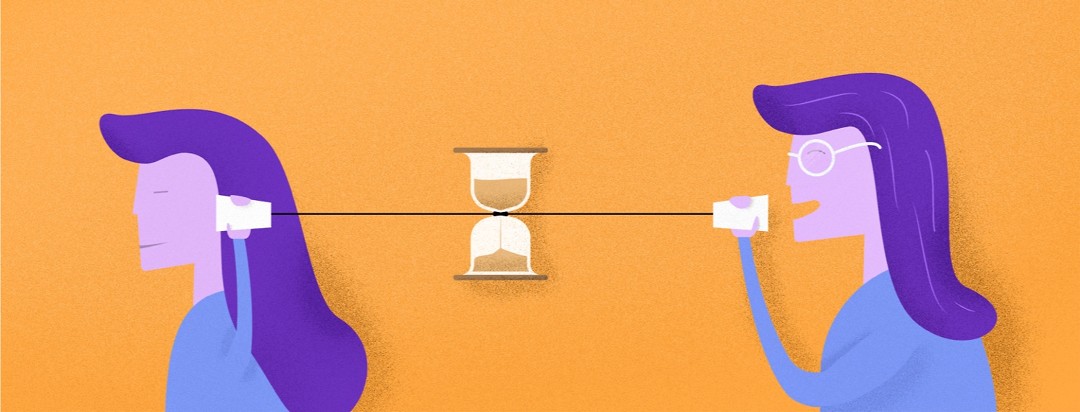Things I Wish I Knew Before I Was Diagnosed
My life is not over.
My greatest fear upon learning about my diagnosis of non-Hodgkin lymphoma was that I was dying. I had just experienced a wonderful summer at the shore with my family and had so much to look forward to. With this cancer news, I felt my life was over. Fortunately, my astute husband accompanied me to my second opinion oncologist in a tertiary cancer center. He heard the oncologist state that in today’s world, I would have “decades and decades" to live. Of course, due to my anxious state I did not hear this prognosis. I was focused on the chemotherapy regime, possible side effects, and the required physician visits.
It was not until we arrived home and my husband said he was surprised that I was so worried and disgusted. He wondered why I was not reacting to the positive news. Several days later, in talking with a most caring Leukemia and Lymphoma Society representative, I learned that in her words, “There were many advances in the pipeline for blood cancers.” I became more hopeful and learned to never miss an opportunity to spend time with my granddaughter.
My life is fulfilling in spite of my cancer.
I volunteer as a patient advocate for fellow NHL cancer patients and enjoy writing and sharing my experiences with blood cancer. I have embraced the mantra, “You only regret the things you do not do.” We are excitedly planning a European trip next year with my children. Of course, to play it safe, I always purchase travel insurance as I anticipate next year’s CT scan.
Don’t sweat the small stuff!
I am really a type A personality and need to be in control and often waste time worrying. I am learning to focus on things that really matter. Life will never be the same. I am a cancer survivor and try to enjoy every moment. I still experience scanxiety before my annual CT scan, but my oncologist recognizes this and makes every effort to contact me promptly with the results.
The importance of support.
I learned the importance of family and friends. They can make a difference. Let them help. It is not a sign of weakness. People may not know exactly how to help. Tell them. Perhaps a ride to the oncologist’s appointment, providing a meal, taking your child to an activity when you may be too tired, or even shopping are examples of providing support during this most difficult time in your life.
Exercise can make a difference.
I have never been an exercise advocate. However, after experiencing incapacitating cancer and treatment-related fatigue, I learned that mild exercise could help. This combined with a beginner’s practice of yoga really gave me energy and cleared my head.
Practice gratitude.
I learned that every day is a gift. NHL is a chronic illness which will require ongoing physician visits and scans. I continually search the literature for the latest therapies. No one is certain as to the cause of my follicular lymphoma. Was it a pesticide that I used in gardening? We will never know. I have discovered my spiritual beliefs provide tremendous support. Journaling my list of gratitude has identified my faith, family, and friends as factors that have made this cancer journey a successful one.
Community Poll
Have you taken our In America Survey yet?

Join the conversation